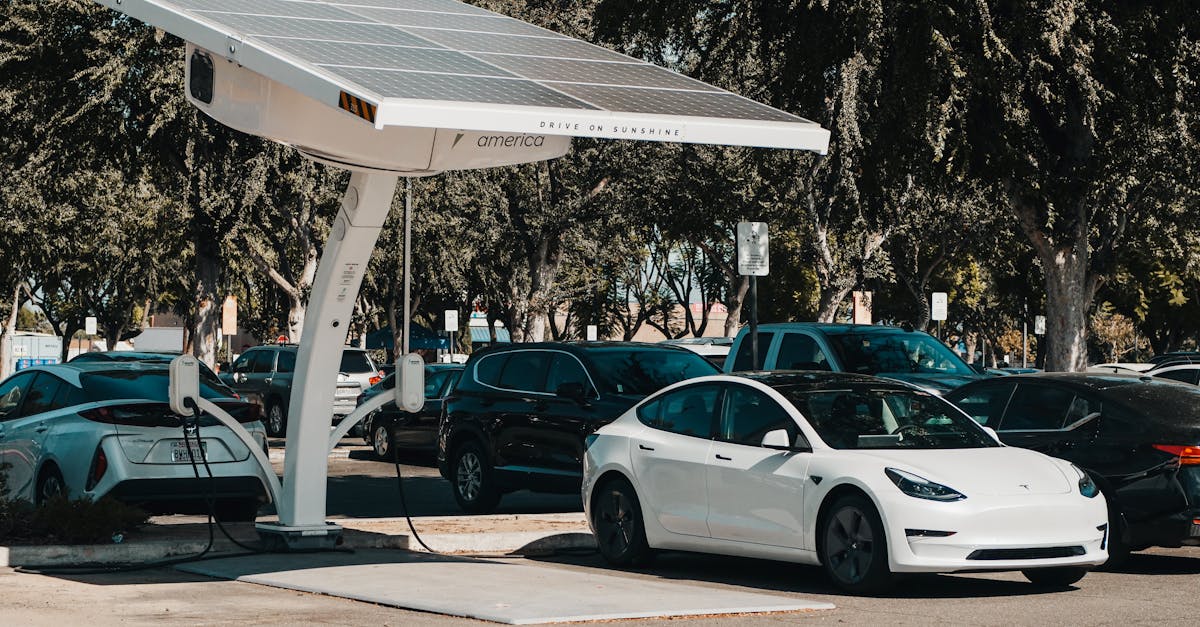A Guide To Electric Vehicle Charging Stations
Introduction
As electric vehicles (EVs) continue to gain popularity, understanding how and where to charge them is crucial. Charging stations are pivotal to the adoption and convenience of EVs. This guide will delve into the essentials of electric vehicle charging stations.
Advertisement
Different Types of Charging Stations
Electric vehicle charging stations come in several types, primarily categorized based on their speed and power delivery. Level 1 charging uses a standard household outlet, best suited for overnight charging. Level 2 requires a special home or public charging station, offering faster charging speeds. Level 3 or DC Fast Charging is the quickest option, primarily found at commercial outlets.
Advertisement
Charging Station Locations
Charging stations are conveniently located to suit the needs of EV owners. Many are found in public places such as shopping centers, parking lots, and highway rest stops. Some workplaces provide charging facilities for employees. Understanding where to find these stations is vital for seamless EV travel.
Advertisement
Home Charging Solutions
Home charging is the most convenient way to ensure your EV is ready for daily use. Level 1 chargers come standard with EVs but may require upgrades for faster charging. Installing a Level 2 charger at home can significantly reduce charging time and boost convenience for daily use.
Advertisement
Costs Associated with Charging
Charging costs can vary depending on location and the type of charging station used. Public charging may incur fees based on time, energy consumed, or a flat rate. Comparing prices at different stations can help owners identify the most cost-effective options. Meanwhile, charging at home generally costs less but requires an upfront investment in equipment.
Advertisement
Environmental Benefits of EV Charging Stations
Electric vehicle charging stations contribute to reduced carbon emissions and promote cleaner transportation. As more renewable energy sources power these stations, the environmental benefits further enhance. This transition can play a significant role in combating climate change and lessening urban pollution.
Advertisement
Government Initiatives and Incentives
Governments worldwide are offering incentives to encourage EV adoption and the expansion of charging infrastructure. These initiatives may include tax credits, rebates for home charger installation, or grants for businesses to establish charging stations. Staying informed about local incentives can benefit potential EV owners.
Advertisement
Technological Advancements and the Future
The development of charging technology is continuously evolving, with faster and more efficient methods on the horizon. Inductive charging, which allows EVs to power up without direct contact, is already in testing phases. As technology progresses, charging times will decrease, and stations will become even more user-friendly.
Advertisement
Navigating the Charging Ecosystem
Using apps and navigation systems designed for EV users can simplify the charging process. These tools can locate nearby stations, provide real-time availability, and even offer trip planning based on charging needs. They enhance the overall experience, ensuring no EV driver is ever stranded without power.
Advertisement
Conclusion
Electric vehicle charging stations are central to the increasing shift towards electric transportation. Understanding the different charging types, locations, and technological advancements ensures a seamless EV experience. As more individuals embrace electric driving, charging infrastructure will continue to evolve, making sustainable travel easier and more accessible.
Advertisement


